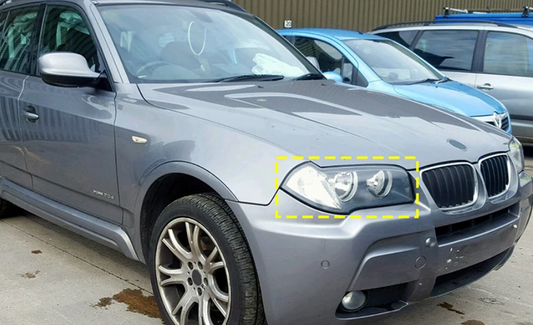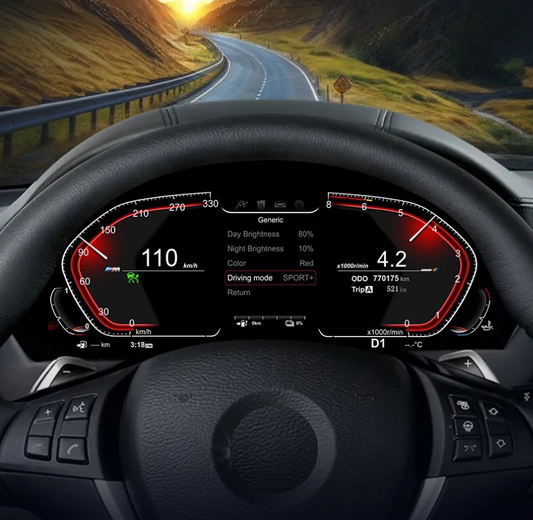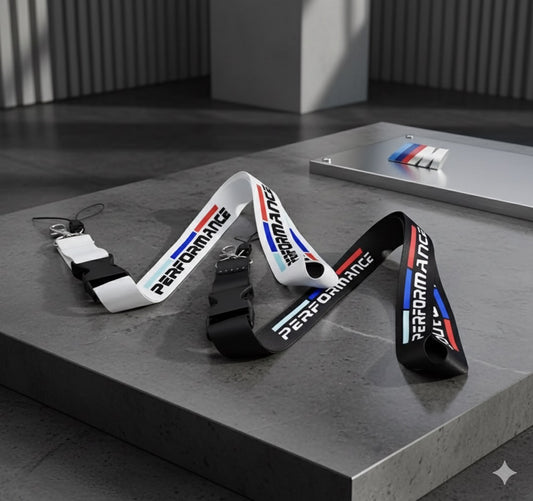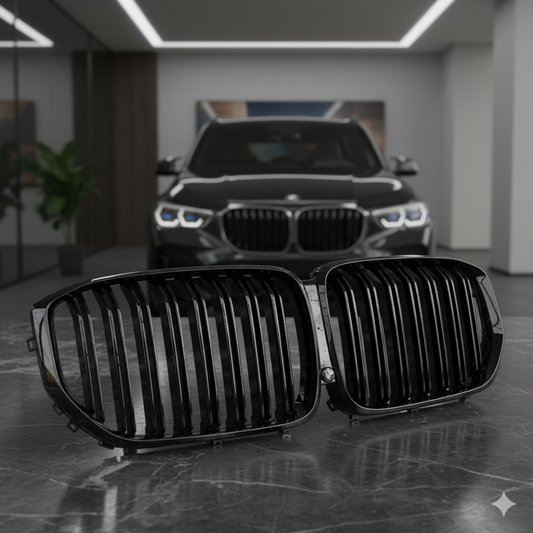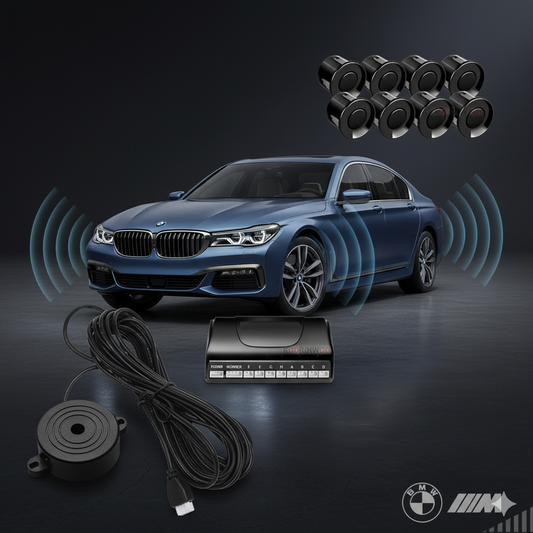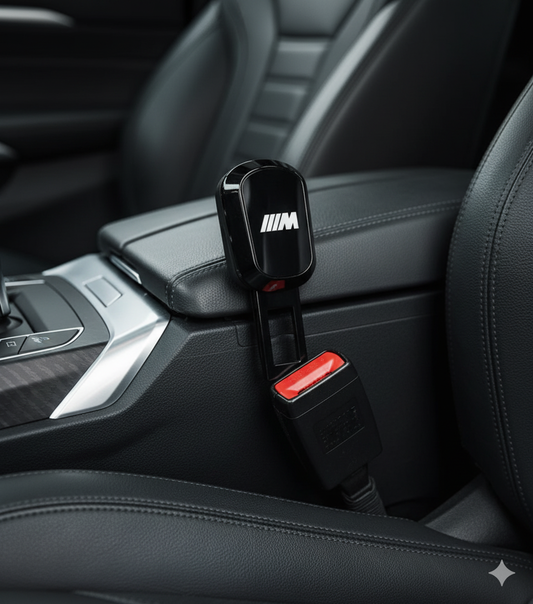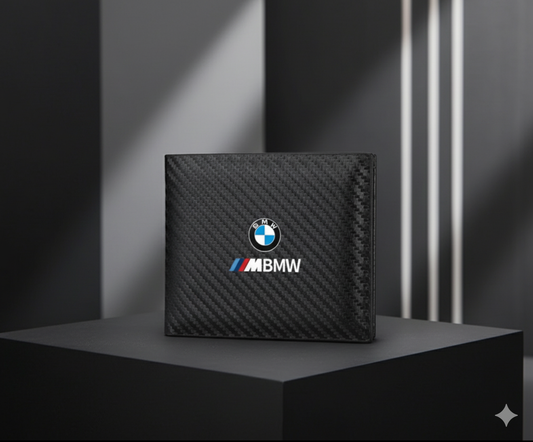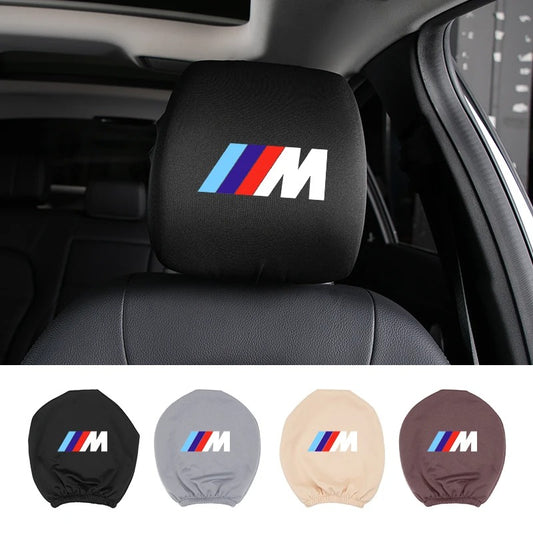
How to Optimize the Performance of Your BMW with High Quality Tires
How to Optimize the Performance of Your BMW with High Quality Tires
Tires are one of the most critical components of any vehicle, and on a BMW, they're even more crucial considering the brand's performance-oriented design. In this article, we'll explore how choosing the right tires can improve not only the performance of your BMW, but also its safety and efficiency. Additionally, we will discuss the importance of keeping your tires in optimal condition to ensure a superior driving experience. By understanding the different types of tires and how they affect the performance of your vehicle, you will be able to make more informed decisions that benefit both your driving experience and the life of your BMW.
The Importance of Choosing Tires Well
Select the correct tire for you bmw It's not just a matter of style. Tires are responsible for the vehicle's grip, stability, and fuel efficiency. Opting for high-quality tires is essential to obtain maximum performance and safety. The right tires can make the difference between a smooth, safe ride and an experience that could compromise your safety and the safety of others. Additionally, tire choice can significantly influence the vehicle's response in different weather and road conditions, which is crucial to maintaining control and safety at all times.
A good tire not only improves vehicle performance, but can also influence driving comfort. A low-quality tire can generate unwanted vibrations and noise, affecting the driving experience. On the other hand, high-quality tires are designed to minimize these problems, providing a more pleasant drive. Plus, higher quality tires tend to have better wear resistance, meaning you won't have to replace them as often, saving you time and money in the long run.
Types of Tires for Different Conditions
Depending on the weather and road conditions, one type of tire will be more suitable than another. It is essential to know the differences between the different types of tires and their specific applications to make an informed decision:
- Summer Tires: They offer optimal grip in dry and wet conditions. They are ideal for warm climates. These tires are designed to provide superior performance in higher temperatures, making them perfect for summer or climates where temperatures rarely drop below 7 degrees Celsius. Its rubber compound is stiffer, which improves grip and stability on dry and wet roads. Additionally, their design typically includes tread patterns that improve traction and reduce the risk of aquaplaning in light rain conditions.
- Winter Tires: Designed to provide traction on snow and ice. Essential for regions with severe winters. These tires have a softer compound that remains flexible at low temperatures, improving traction on cold surfaces. In addition, its tread design is optimized to evacuate snow and water, reducing the risk of aquaplaning. In regions where snowfall is common, having winter tires can be the difference between reaching your destination safely or being stranded on the road.
- All Terrain Tires: A balance for those who experience diverse climatic and terrain circumstances. These tires are versatile and designed to offer decent performance in a variety of conditions, from paved roads to dirt roads. They are a popular option for those who don't want to change tires every season. Additionally, all-terrain tires typically have a rugged design that makes them more resistant to damage from rocks and other obstacles common on unpaved roads.
Considerations When Choosing Tires
Before making a choice, consider the following factors. Considering these aspects will help you select the tire that best suits your needs and those of your BMW:
- Size: Please make sure the size is compatible with your BMW model. Consulting the owner's manual or the label on the driver's door can provide this critical information. Incorrect sizing can negatively affect the handling and safety of the vehicle. Additionally, a tire that is too large or small can interfere with the suspension system and brakes, which could result in premature wear of these components.
- Speed Index: Verify that the index corresponds to the expected performance of your vehicle. This rating indicates the maximum speed that a tire can safely withstand. Choosing a tire with a lower speed rating than recommended can compromise safety. Additionally, a higher speed rating generally means that the tire is designed to better handle the heat generated at high speeds, which can be beneficial if you frequently drive on highways.
- Rubber Composition: This affects durability and grip. Softer compounds offer better grip but can wear out more quickly, while harder compounds can last longer but offer less traction. Choosing the right compound depends on your priorities: if you are looking for maximum performance, a softer compound may be the best option, while if you prefer longevity, a harder compound may be more suitable.
Improving Fuel Efficiency
An often overlooked benefit of selecting tires correct is the improvement in fuel efficiency. The right tires reduce rolling resistance, meaning your BMW's engine doesn't have to work as hard to maintain a constant speed. This not only saves fuel, but also reduces wear and tear on the engine and other vehicle components, prolonging their life. Additionally, lower rolling resistance means a smoother ride and fewer vibrations, improving the overall driving experience.
Rolling resistance is the force that opposes the movement of the tire when it is in contact with the road. Tires designed to minimize this resistance can significantly improve fuel efficiency, resulting in fewer visits to the gas station and a lower environmental impact. Additionally, choosing eco-friendly tires can contribute to a lower carbon footprint, which is beneficial for both your pocketbook and the planet. Opting for tires that incorporate advanced low rolling resistance technologies can be a great way to support sustainability while enjoying optimal performance.
Practical Tips to Maintain Your Tires
Keeping your tires in good condition not only improves performance but prolongs their useful life. Here are some practical tips that can help you maximize the performance and longevity of your tires:
- Regular Rotation: Change the position of the tires between the axles every 10,000 km for even wear. This helps tires wear evenly, prolonging their life and improving safety. Regular rotation can also help identify potential problems with alignment or balance before they become more serious problems.
- Correct Inflation: Check the pressure regularly to ensure proper inflation. Inadequate pressure can affect handling, increase wear and reduce fuel efficiency. Use a quality pressure gauge to check the pressure at least once a month and before long trips. Maintaining proper pressure not only improves vehicle performance, but can also prevent tires from overheating, which could lead to catastrophic failure.
- Alignment and Balance: Perform these procedures every 20,000 km or when you notice vibrations. Improper alignment can cause uneven tire wear and negatively affect vehicle handling, while proper balancing ensures that the weight of the tire is evenly distributed, preventing vibrations. A well-aligned vehicle not only improves safety, but can also increase fuel efficiency by reducing rolling resistance.
Expert Testimony
Juan, an avid BMW enthusiast, shares his experience: "Switching to high-performance summer tires has transformed my driving experience. The grip is exceptional and I notice savings in fuel consumption. I can't recommend it enough." This type of testimonial highlights the importance of choosing the right tire to improve the driving experience and overall efficiency of the vehicle. Juan also highlights that, since changing his tires, he has noticed an improvement in the vehicle's response in corners and greater stability in rainy conditions. Additionally, you have noticed that the high-performance tires you chose offer better traction when accelerating, allowing you to enjoy the power of your BMW more effectively.
Furthermore, Juan mentions that choosing the right tires has allowed him to explore different terrains with greater confidence. You have experienced safer driving on wet roads and been able to enjoy long trips without worrying about premature tire wear. The improvement in fuel efficiency has also been notable, allowing you to save on gas costs during your daily commutes and weekend trips. These benefits have reaffirmed your decision to invest in high-quality tires, highlighting the importance of considering all aspects when selecting new tires for any vehicle, especially a BMW.
Conclusion
Choosing the right tires for your BMW is a decision that directly impacts the performance, safety and efficiency of your vehicle. By considering your weather conditions and personal needs, and maintaining regular tire care, you can ensure that your BMW performs to its maximum capacity. Don't hesitate to visit our online store to explore our range of high quality tyres. Remember that an investment in good tires is an investment in your safety and the longevity of your vehicle. Additionally, being informed about the latest technologies and advancements in tires can help you make better decisions in the future. With the right knowledge and attention to detail, you can enjoy a superior driving experience that maximizes all of your BMW's capabilities.
Finally, it is important to note that regular maintenance and inspection of your tires can prevent major problems and ensure that they are always in the best possible condition. Consider scheduling regular checkups with a professional to evaluate the condition of your tires and make any necessary adjustments. A proactive approach to caring for your tires will not only improve your driving experience, but will also contribute to the overall safety of your vehicle. With these tips and considerations, you will be well equipped to maximize the performance and longevity of your BMW, ensuring many years of safe and enjoyable driving.

